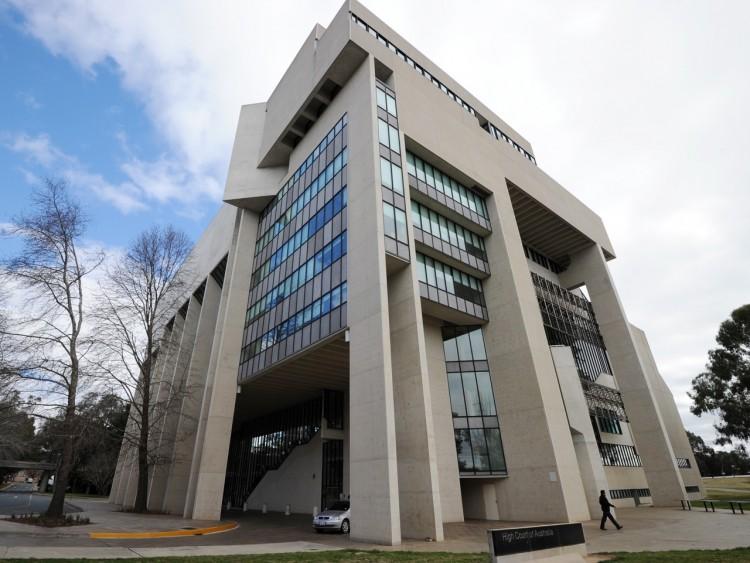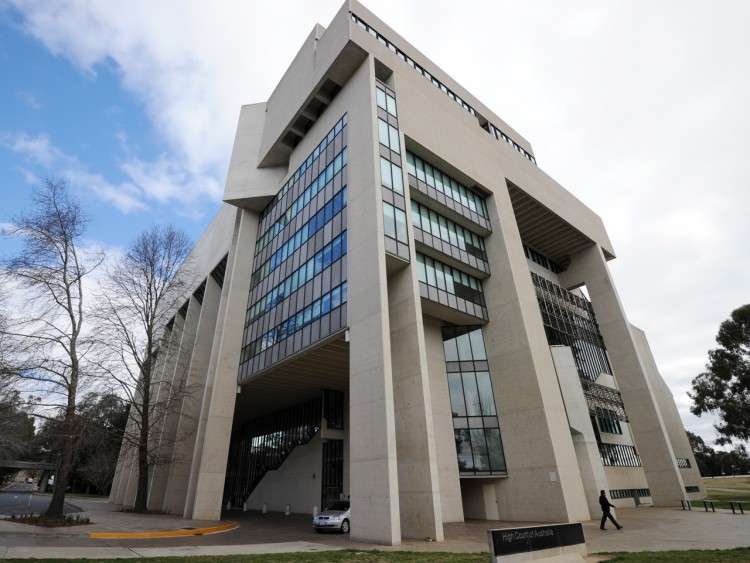In a full bench sitting, the court declared six to one that Malaysia, which is not party to the United Nations Refugee Convention or its protocol, does not have the appropriate laws to ensure the safety of asylum seekers.
The ruling halted government plans to send asylum seekers to Malaysia for processing in the hope that this would stem the flow of asylum seekers arriving by boat to Australian shores.
The court also ruled to protect children saying that unaccompanied minors would require a written consent from the Australian Immigration and Citizenship minister if they were to be sent out of Australia.
Current Immigration Minister Chris Bowen said the decision was “profoundly disappointing” describing it as “a significant blow to our efforts to break the people smugglers’ business model.”
The decision will not only impact the Malaysia deal, but offshore processing in general, he said, adding that he believed it will encourage people smugglers to increase their trade.
Bowen said the government was determined to find a regional solution to asylum seekers arriving in Australian waters by boat and would seek further legal advice on the High Court’s ruling.
“While this is a blow, it does not undermine our resolve to break the people smugglers’ business model through a regional arrangement,” he said in a statement.
No Deal
The agreement signed between Malaysia and Australia in late July, was to have extended over four years during which time 800 asylum seekers held on Australia’s remote Christmas Island, would be sent to Malaysia to be assessed for refugee status. Malaysia, in return, would send 4,000 processed refugees for settlement in Australia.
The court kept the government in limbo through August before finally declaring Aug. 31 that the injunction would be permanent. The court said Malaysia does not fulfill the third-country criteria to process asylum seekers under Australia’s Migration Act.
The Migration Act requires that for a third-country to be selected for offshore processing of asylum seekers, there must be laws in that country ensuring basic protection for refugees, including access to housing, employment, freedom of religion, and access to the courts.
Without domestic or international frameworks for administering these requirements, the Malaysia deal would be outside the law, the court said.
“The parties agreed that Malaysia is not legally bound to, and does not recognize the status of refugee in its domestic law,” the High Court said in a statement.
Malaysia May Benefit
According to the United Nations Refugee Agency, there are as many as 1.5 million “undocumented migrants” in Malaysia and over 190,000 considered asylum seekers.
Conditions are poor even for those granted refugee status the agency says, noting that they are vulnerable “to arrest for immigration offenses and may be subject to detention, prosecution, whipping, and deportation.”
The Malaysian Bar Council, which had opposed the deal with Australia, said they were happy with the High Court’s decision.
Speaking on Australia’s national broadcaster the ABC, council President Chee Wee Lim said that Malaysia’s government had previously shown no inclination to embrace refugee legislation or international protocols.
“Unfortunately the government has consistently refused to sign the convention and it has given, what I would consider, rather poor reasons in not doing so, mainly the fact that Malaysia would then become an attraction for asylum seekers.”
However, with international focus on the refugee situation as a result of Australia’s Malaysian deal, he was hopeful there would be improvements in that area.
“By having the relevant legislative and administrative framework in recognizing and protecting asylum seekers, that would be a huge step in the right direction,” he said.








